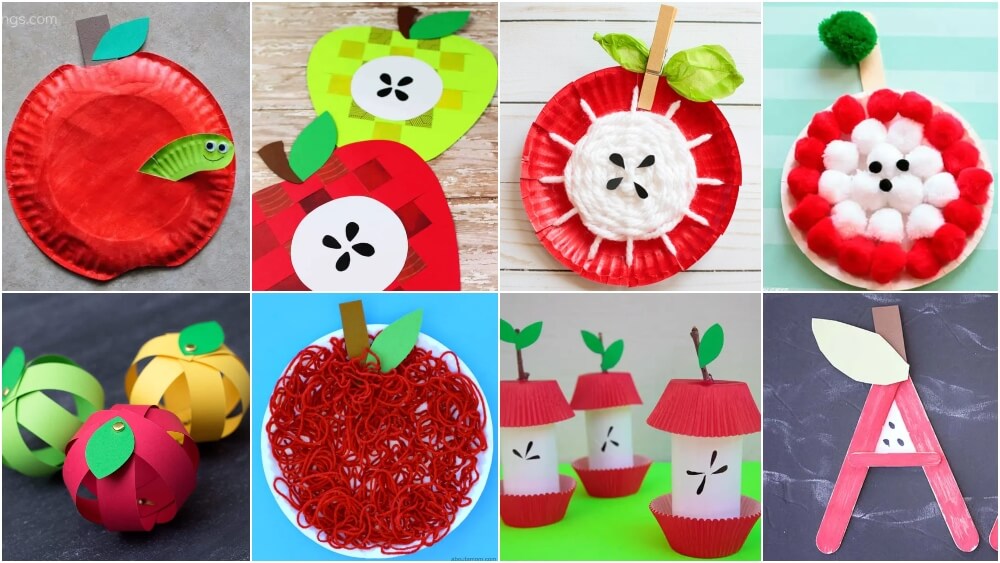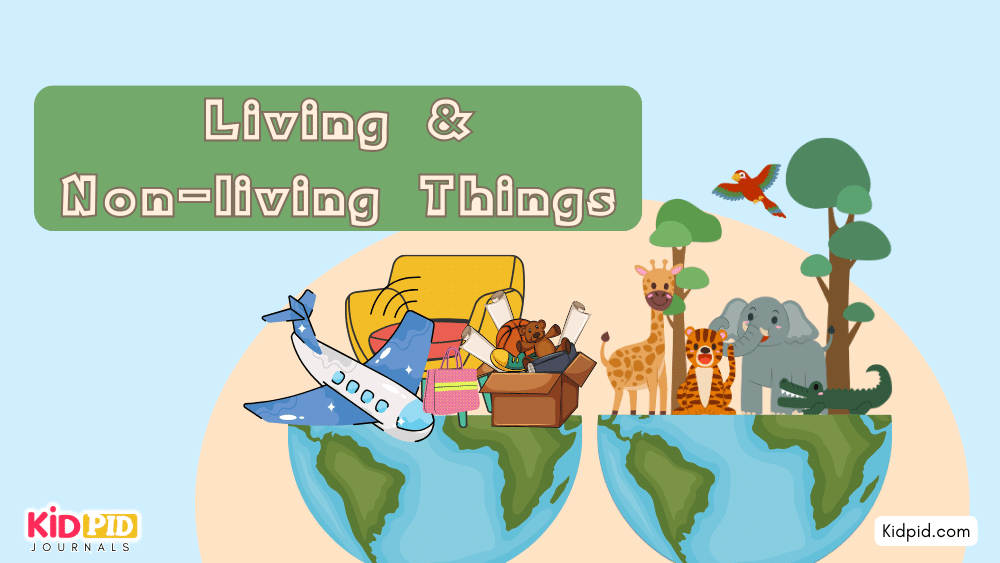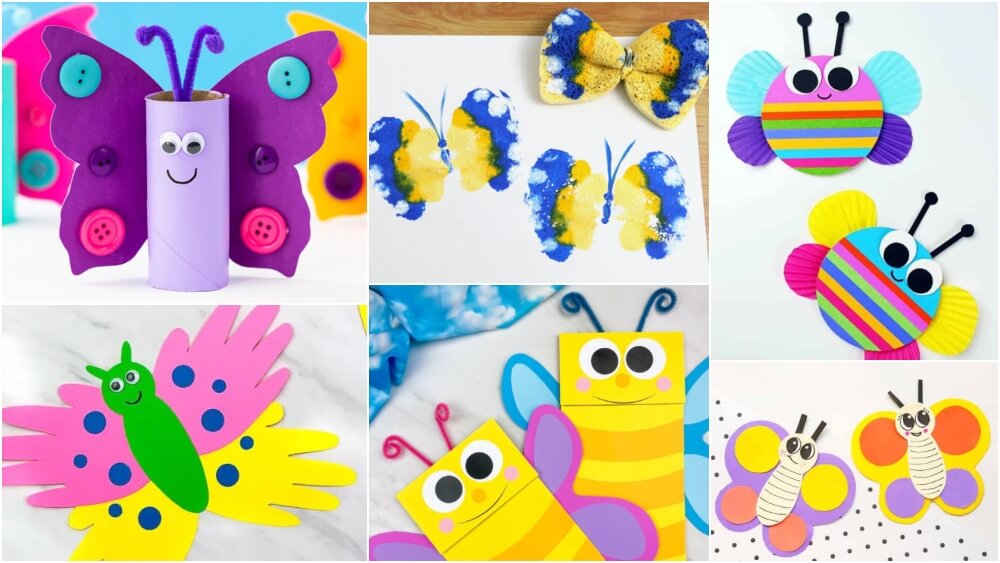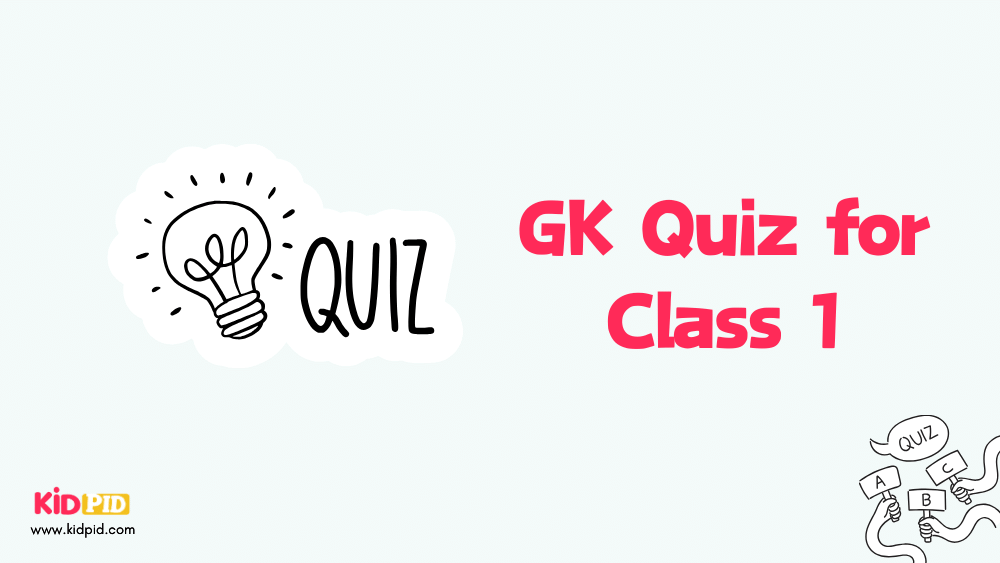How Internet of Things Works?

How Internet of Things Works?
Internet of things is the technology wave that will be connecting billions of different objects (not only computers) to the internet directly making them smart. Internet connectivity helps objects to have their own identities; it can receive and communicate valuable information. When things will be connected to the internet then everything will be more systemized and efficient, basically the automation of many daily chores. Shoes, cars, equipment, lights, refrigerators, and much more appliances can all be connected to the internet. IOT will also help in monitoring.
Do you think it’s possible for devices to automatically deliver important often life-saving data to those in charge can? You imagine an ambulance that gathers critical information before arriving at the hospital and that a patient could be examined before he even enters the emergency room saving precious time for the patient and his family. None of this is science fiction. It’s all part of the concept that various researchers have been working on for several years. It is about The Internet of Things (IoT).
By now you may have heard the term Internet of Things. Sounds interesting but what does the Internet of Things actually mean?
Contents
What is Internet of Things?
That’s a term that describe a world filled with sensors, actuators, robots and computers that are all networked together and able to communicate with even larger networks. The Internet of Things could affect our day-to-day lives in our own homes, changing them from an elegant area of class to a swinging disco party with no effort whatsoever. But, it turns out the Internet of Things is much, much bigger.
How IOT Works?
Let’s think about the potential for a world filled with devices that can detect changing conditions and react so quickly, it makes the blink of an eye look like an eternity.
Let us consider an example. Your parents are driving down the street on their way to work, and they’re using their car’s navigation system to give them turn-by-turn directions to cut down on commute time. Their car is communicating with sensors embedded in the environment, telling it the presence of other cars and bicyclists, even a pedestrian crossing the street two blocks ahead. Their car is also in constant communication with the city’s traffic system. All these sensors are working together to give you a smooth commute experience, cutting down on things that would frustrate your parents and funneling them through the best route, clearing their path of red lights and other delays.
Now, doesn’t that sound nice? I mean, this is a world that doesn’t just react to what you need right now, it anticipates what you’re gonna need five minutes from now. It’s like living a life of serendipity, an endless run of good luck. But it’s not good luck, it’s the Internet of Things, and it’s working overtime on your behalf.
The future of IOT
The Internet of Things is going to enter industries like manufacturing and shipping, making them adaptable and responsive systems and increasing their efficiency, and with increased efficiency comes lower costs. It’s an incredible vision of the future. To get there, scientists, engineers, and researchers are going to have to overcome some big challenges. There are only so many wireless frequencies we can use, and you could actually hit capacity within any given area.
Now, the good news is, most of these devices in the Internet of Things are speaking in very small amounts of data. But, when you have millions, or potentially even billions, of devices talking, it adds up pretty quickly. Then, there’s the cost. Now, the components in the Internet of Things are still under development, like sensors. They’re pretty expensive! And other elements with the Internet of Things are even more so. So, bringing costs down is one of the largest challenges we face today. Personally, I don’t think any of these challenges are insurmountable. In fact, in 20-years’ time, I think a lot of the things that frustrate us today will be a distant memory. No more traffic jams! No more leaving the grocery store and then realizing you forgot that one ingredient you needed to make dinner. And 20 years from then, I don’t know.
Do you think maybe good luck will just fade into obscurity? It won’t mean anything anymore, because that’s what our lives will be? Sure hope so! Now, it’s no secret that I’m an optimist, but I think this is a future that’s worth striving toward.






Responses